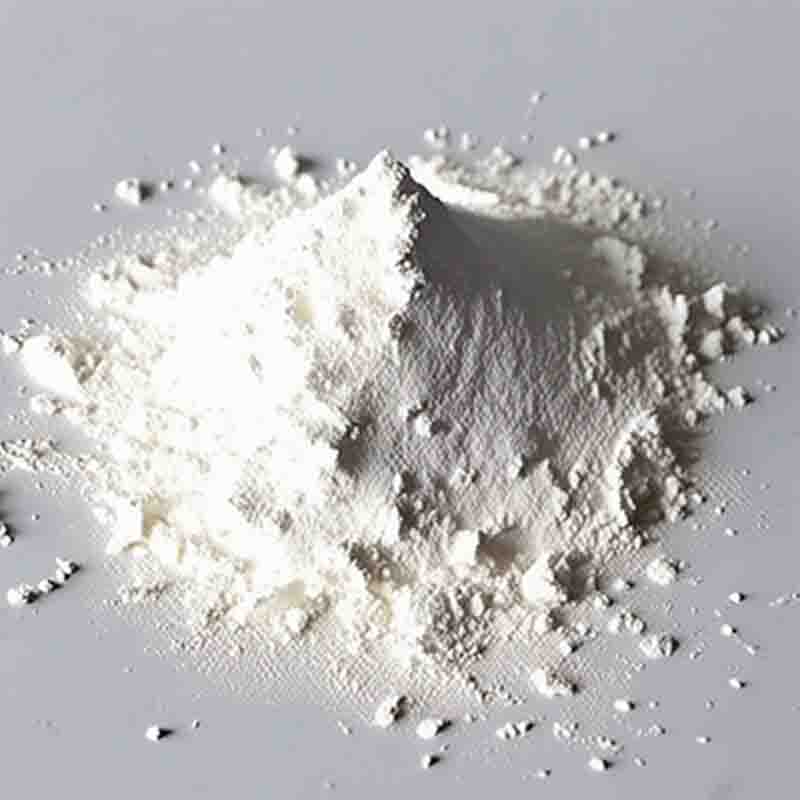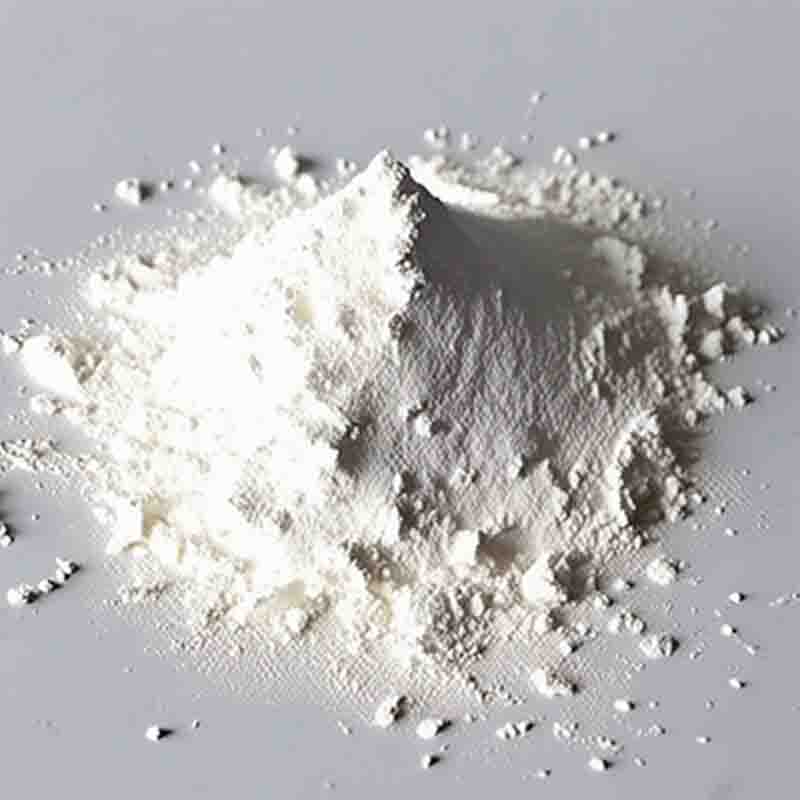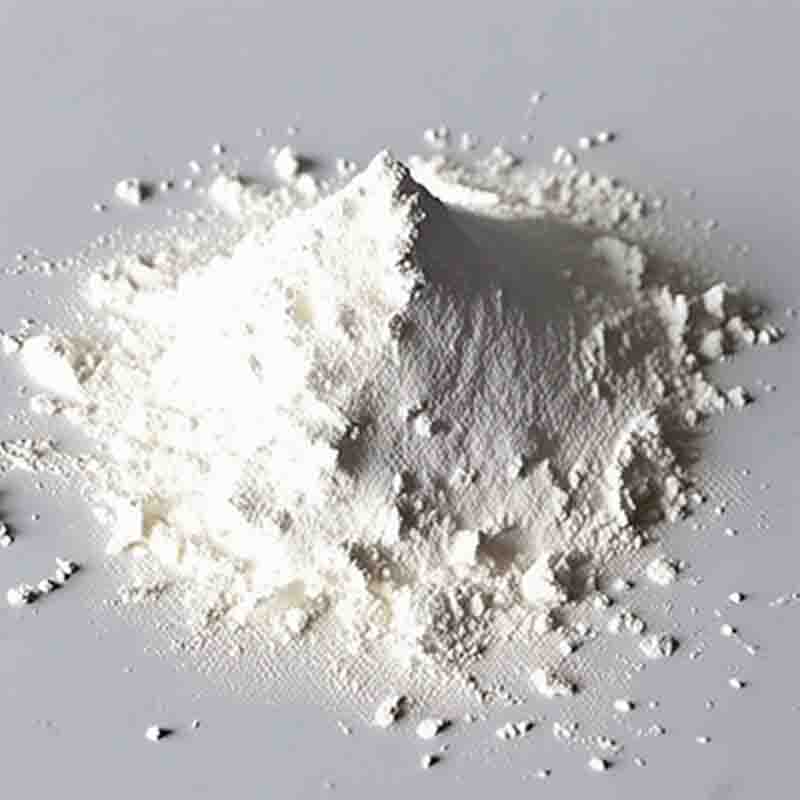Abacavir(base) CAS: 136470-78-5
| Catalog Number | XD94106 |
| Product Name | Abacavir(base) |
| CAS | 136470-78-5 |
| Molecular Formula | C14H18N6O |
| Molecular Weight | 286.33 |
| Storage Details | Ambient |
Product Specification
| Appearance | White powder |
| Assay | 99% min |
Abacavir is an antiretroviral medication used in the treatment of HIV/AIDS. It falls under the class of drugs known as nucleoside reverse transcriptase inhibitors (NRTIs). Abacavir works by inhibiting the reverse transcriptase enzyme, thus preventing the replication of HIV. It is typically used in combination with other antiretroviral drugs to form highly active antiretroviral therapy (HAART).Abacavir is available in various formulations such as tablets, oral solution, and injectables. It is usually taken orally, and the exact dosage and frequency depend on individual factors such as the patient's weight, overall health, and other medications they may be taking. Adherence to the prescribed dosage schedule is crucial to achieve optimal therapeutic outcomes.The use of abacavir is mainly recommended for individuals who are HIV positive and have evidence of viral replication. It is highly effective in reducing HIV viral load and increasing CD4+ T-cell counts. By suppressing viral replication, abacavir helps slow down the progression of HIV infection and aids in the management of AIDS-related complications.It is important to note that abacavir is not a cure for HIV/AIDS. It cannot eliminate the virus from the body completely, but it can significantly reduce its activity. It helps in prolonging the patient's life expectancy and improving their quality of life.Like any medication, abacavir may have side effects. The most common side effects include nausea, fatigue, headache, diarrhea, and rash. In rare cases, some individuals may experience a hypersensitivity reaction to abacavir, which can be life-threatening. It is crucial for patients to be aware of the signs and symptoms of a hypersensitivity reaction, such as fever, rash, nausea, vomiting, abdominal pain, and respiratory distress. If any of these symptoms occur, immediate medical attention should be sought.Before starting abacavir, it is important for healthcare providers to screen patients for the HLA-B*5701 allele. This genetic test helps identify individuals at high risk for developing a hypersensitivity reaction to abacavir. If a patient is positive for this allele, alternative treatment options should be considered.In summary, abacavir is an important component of antiretroviral therapy for the management of HIV/AIDS. When used as prescribed, it can effectively suppress viral replication, increase CD4+ T-cell counts, and improve the overall health of individuals living with HIV. It is crucial for patients to adhere to the prescribed dosage schedule and communicate any adverse reactions to their healthcare providers for appropriate management.


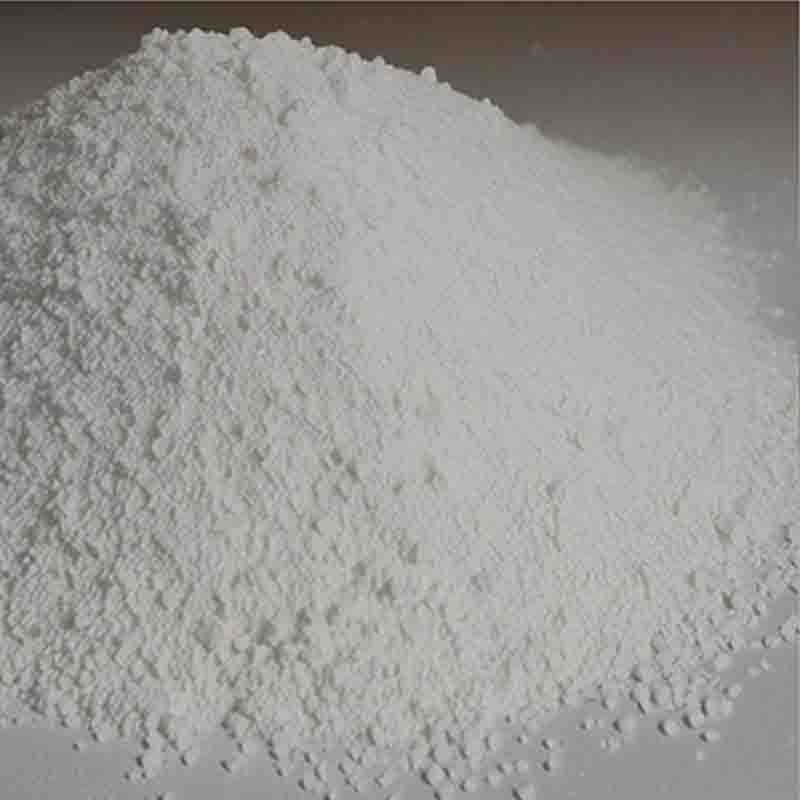

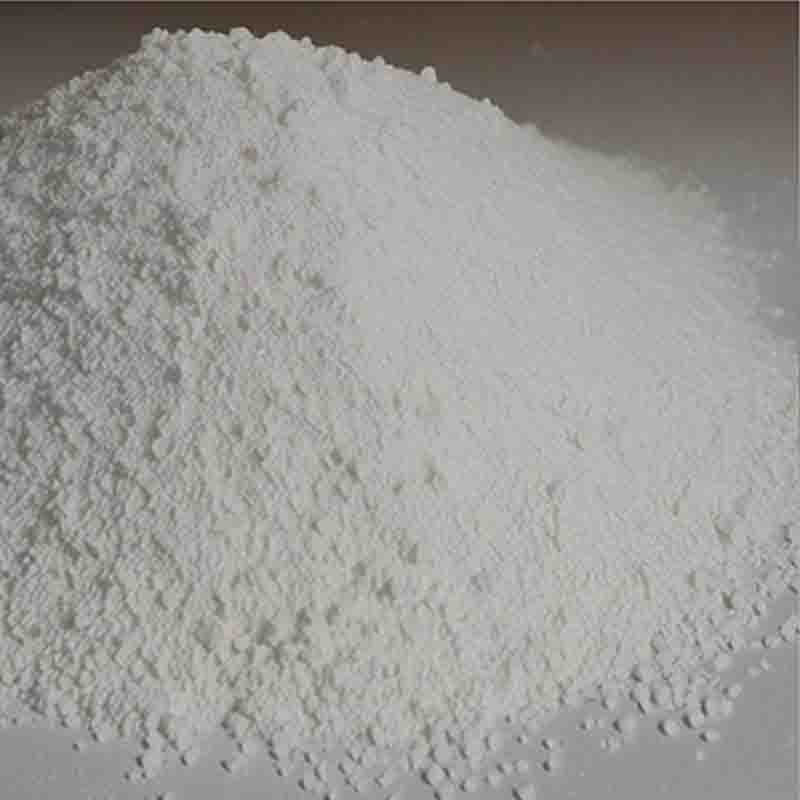

![(1R,2S,5S)—6,6-DiMethyl-3-aza-bicylo[3.1.0]hexane-2-carboxylic acid Methyl ester hydrochloride CAS: 565456-77-1](https://cdn.globalso.com/xdbiochems/白色粉末1127.jpg)
